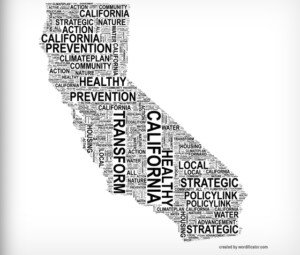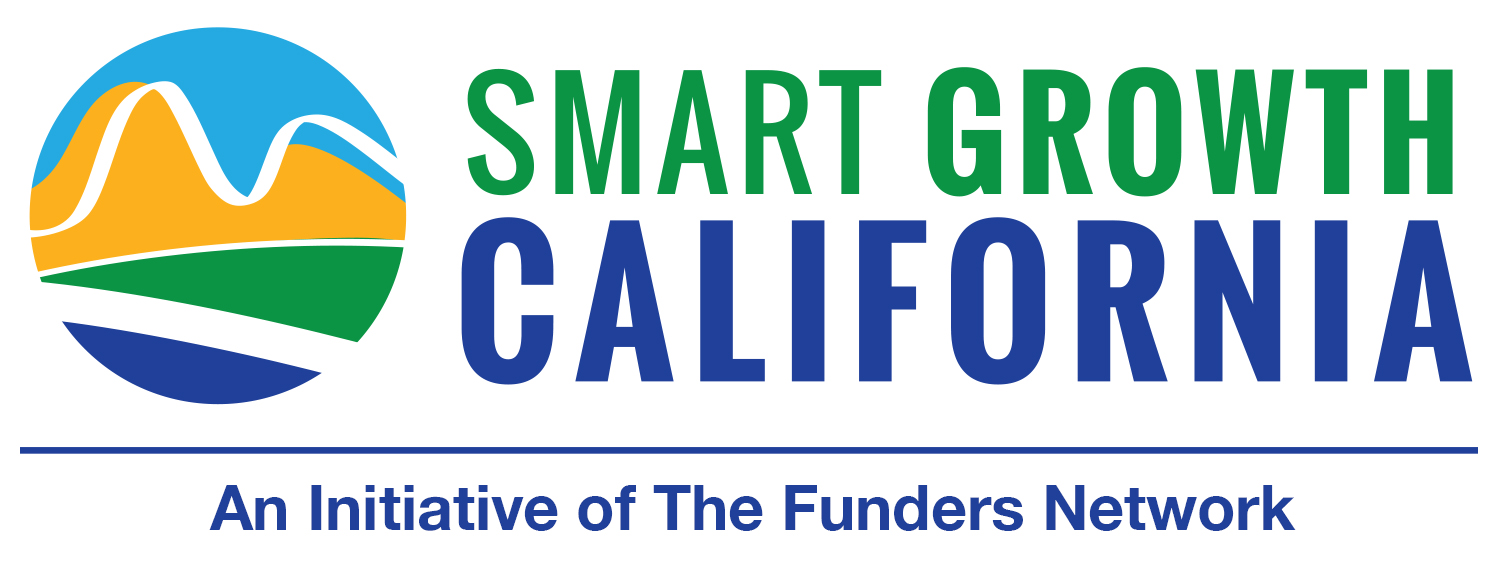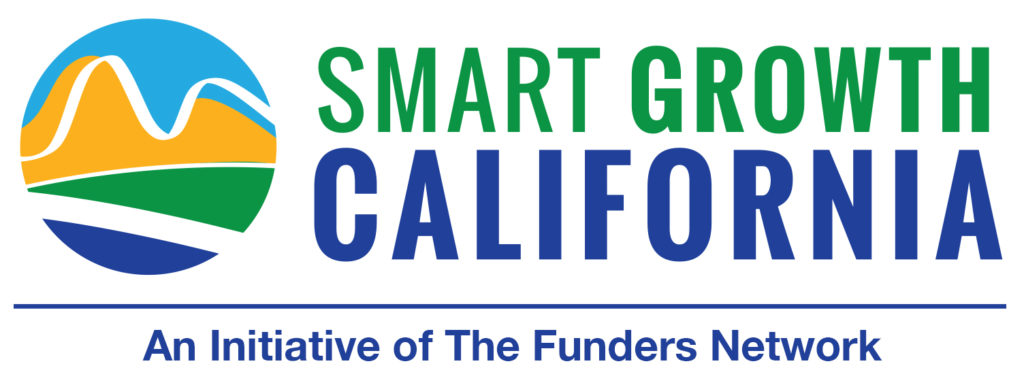 COVID-19 demands a fast-paced emergency response from funders and partners alike; at the same time, the pandemic will only exacerbate inequities around the many issues on which your grantees have been working for years. During this time, it is critical for funders to stay close to the ground, listen to partners and take action on the types of support they seek. This pandemic has caused more foundations than ever to explore new ways of funding, with some implementing recommendations that grantees have requested for years such as providing general operating dollars and less cumbersome reporting requirements. We hope that many of the emergency action steps taken to best support partners and their work on the ground will live well beyond this pandemic, and use a racial equity lens to transform our future.
COVID-19 demands a fast-paced emergency response from funders and partners alike; at the same time, the pandemic will only exacerbate inequities around the many issues on which your grantees have been working for years. During this time, it is critical for funders to stay close to the ground, listen to partners and take action on the types of support they seek. This pandemic has caused more foundations than ever to explore new ways of funding, with some implementing recommendations that grantees have requested for years such as providing general operating dollars and less cumbersome reporting requirements. We hope that many of the emergency action steps taken to best support partners and their work on the ground will live well beyond this pandemic, and use a racial equity lens to transform our future.
Staying close to your partners and their evolving work will require funders to find low-impact ways of connecting that don’t overburden grantees. While the situation is evolving every day, here is a glimpse of what some Smart Growth California partners – statewide, regional and national – are doing to respond immediately to the pandemic, and how they are thinking about their work in new ways.
This list is merely a snapshot. Many organizations did not have information available online. If you would like to add a partner and their work, please reach out to Kerry Hastings.
STATEWIDE
Advancement Project California has developed a list of the organizations/ coalitions leading the effort to protect low-income communities of color during this time.
California Forward has a very comprehensive database of organizations across the state and the resources they provide, and a blog with ongoing responses and resources (one of which made it into CalMatters).
CalBike is authoring regular blog posts to keep bikers up to date on changing policies and recommendations.
ClimatePlan has joined efforts led by their partners and allied networks to protect vulnerable Californians and key services such as transit and water access.
Greenlining Institute has painted a bold picture of action, inviting communities to “Rethink, Reimagine, Rebuild.” They are working on federal stimulus and local policies to support small business.
Housing California. In a statement from Housing California, they made the decision to cancel their conference and are connecting folks with other resources.
Local Government Commission’s visionary statement reflects on the “Principles of Disruption” and the opportunities for growth and reinvention – both in the near term and preparing for a post-pandemic future.
PolicyLink has a made strong statement around their reaction to the crisis and have developed specific policy recommendations for comprehensive public health and economic supports during this time.
Prevention Institute has a number of resources including podcasts, webinars and policy positions.
Public Advocates provides regular updates and news, and put out this statement summarizing their many actions to date to protect children and families bearing the brunt of the crisis.
TransForm was quick out the gate in working to protect transit with thoughtful analysis and interesting insights on the challenges transit will face moving forward and specific policy recommendations for the state legislature.
REGIONAL
Healthy LA Coalition has an impressive policy platform with over 275 advocacy organizations signing on. The platform proposes concrete solutions for Los Angeles such as halting all evictions and foreclosures, enacting a citywide rental assistance fund, repurposing motels for unhoused populations, guaranteeing 14 days of additional paid sick leave and others.
Strategic Actions for a Just Economy (SAJE) has a limited number of staff available to direct tenants to resources including their tenant action helpline, tenant action clinic webinars and other resources.
Leadership Council for Justice and Accountability is providing ongoing updates on local and statewide actions on water, utilities, housing and public participation guidance.
Nature For All has a message from message from their Executive Director, a resources guide with trusted links about the COVID-19 pandemic and community support, and fun ways to enjoy nature at home including their #LANatureAtHome challenge.
Active SGV is a member of Healthy LA and is staying connected with members through social media.
Community Water Center moved into quick advocacy for a moratorium on water shutoffs and are now educating community on the moratorium. Their statement also shares their plans to assess the impact to vulnerable communities, connect people to available resources and work towards a water affordability program for all Californians.
Self Help Enterprises provides program updates and SHE resources availability.
Greenbelt Alliance has a series of blogs with articles on getting outside.
Public Health Alliance of Southern California has an interactive CA Healthy Places Index.
Investing in Place has a series of blogs on COVID-19 and transportation in LA.
ACT-LA‘s letter urges Metro to provide sanitary, reliable and fare-free public transportation in LA.
NATIONAL
Smart Growth America has providied links to resources, offers a blog and webinar on How Smart Growth Can Provide a Guide for Recovery, and developed 20 policy recommendations that support stabilization and long-term recovery, separated into two broad areas: (1) infrastructure investments, and (2) housing and community development investments.
Transportation for America has helped to lead the national effort to protect funding for public transit to ensure its long-term viability.
USC PERE/Manuel Pastor have developed a vision for how we can use this crisis to rebuild in an equitable way through “Solidarity Economics.”
National Association of City Transportation Officials have a Transportation Response Center with updates on municipalities actions on transportation issues, toolkits for cities, etc.

